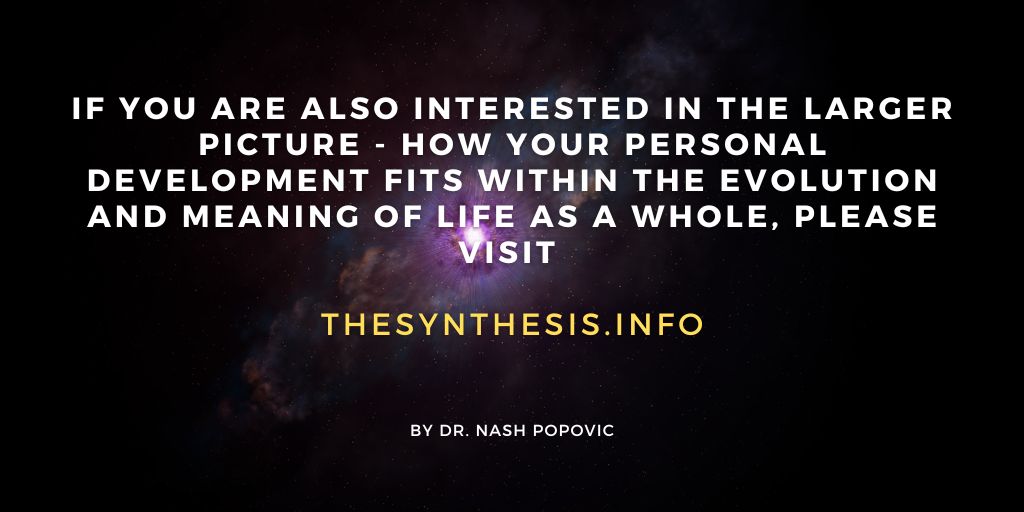28. Pleasure
Happiness is not a state to arrive at, but a manner of travelling.
Margaret Lee Runbeck (American author)
This area refers to the ways we relate to agreeable or enjoyable experiences and sensations. We will first consider the relationship between pleasure and happiness in order to see when and how pleasure can contribute to our happiness.
Pleasure and happiness
Pleasure and happiness can be related but they are not the same. Psychologists have observed that ‘pleasurable events may enhance happiness at the time of their occurrence, but their effects on the level of happiness tend to be transient’.(1) This is because pleasure is either temporary or we become habituated to it: to maintain the same level of pleasure, we need to increase the intensity or introduce something new.
Happiness, on the other hand, can be a lasting state of mind. It is associated with inner harmony (peace of mind), so it depends more on ourselves than on what is available to us. In fact, happiness is a natural state of being (that originates in love of life), but running after pleasures can make us forget this. So pleasure can either contribute to or hinder happiness. The latter occurs if pleasure becomes a need in itself. In such cases it creates dependency, makes the rest of life (inevitably a bigger part) look grey and dull, and makes us nervous and tense since we know at the back of our minds that it is temporary.
To avoid this and have pleasures contribute to your happiness you need to develop two complementary attitudes:
- Experiencing pleasures fully is less likely to create dependency or attachment because we feel completely satisfied (an incomplete experience, on the other hand, may lead to wanting more and even getting obsessed about something).
- Being in charge of your pleasures: enjoying pleasures without letting them enslave you.
Let’s see how these two can be put in practice.
Experiencing pleasures fully
There are several reasons why this often does not happen: Tension (or being nervous) kills pleasure, whether it is a date, watching TV, or playing a sport, and can have various causes:
- Fear of losing control allows some to relax only after an event. However, pleasure cannot be fully satisfying if it is not experienced ‘here and now’. Besides, you can relax and maintain control (as well as lose it even if you are not).
- Pleasure can be spoiled by worrying that something may spoil it! What’s the point of disturbing yourself by worrying that something else may disturb your pleasure?
- Trying forcefully to keep or prolong the moment of pleasure may also cause tension. You need to accept that no pleasure lasts forever but, in most cases, there is always tomorrow.
- Concern for the impression you leave (e.g. ‘what will she think of me if I reveal how happy she makes me?’) can result in shutting down. Openly showing pleasure is not a weakness – only feeling dependent and inferior to those who enabled it is.
It should be clear from the above that there is actually no good reason to get tense in pleasurable situations.
Shame and guilt may be useful before or after an experience because they can push you to change some bad habits. However, if you feel shame and guilt while you are doing something, they make it less fulfilling. True, ‘guilty pleasures’ may be attractive because they bring an initial excitement, but they create an inner conflict which makes the experience incomplete and more likely to be repeated (e.g. if you feel guilt while eating a cake, you will not enjoy it fully and easily succumb to the temptation again).
Not being fully present: the quality of experience may be spoiled if you think about something else. For instance, some already imagine bragging to others while still in the middle of something, which takes them away from experiencing the pleasure fully. If this applies to you, remember that talking about what you are going through is a different pleasure – don’t mix them up!
How to get most out of your pleasures
When we flip over the above ‘spoilers’, it is easy to see what we need to do to get the most out of our pleasures:
- Relax: try deliberately to let go of tension in your shoulders, neck and stomach, and relax.
- Feel good about what you are doing: the pleasure is better when what we are doing is congruent with what we really want and value – in other words, if it doesn’t come at the expense of our peace of mind. So address your guilt and shame first and feel at least ok about what you are doing – or don’t do it.
- Be fully present: bring your mind gently back to your experience if you noticed that it has wandered off.
Mindful eating is an example of how to implement the above points which can be, of course, adapted to other experiences. This way of eating is not only more pleasurable but also optimises, without much effort, the amount of food consumed as you get fulfilled with less – a good way of controlling the weight without dieting – you can keep fit and healthy by enjoying food more!(2)
Prepare a few small pieces of food (e.g. cut some fruit or break a biscuit into a few bite-sized chunks).
- Make sure that you are relaxed before you start.
- Take a small bite and don’t rush. Chew slowly and peacefully and let yourself feel good about it.
- Avoid any distractions (talking to somebody or thinking about something else). Focus fully on savouring the experience and take pleasure in it.
Do you feel differently after eating in this way? If you feel better, what can you do to continue practising mindful eating (e.g. stop eating in front of your computer or TV)? What about sharing a meal with others? This can be a pleasure too, but it can also be a distraction, so it is suggested to practise mindful eating on your own first. When you make a habit of it so that you can switch imperceptibly between them, you can add that other pleasure too.
Being in charge of pleasure
We are all concerned about widespread addictions to tobacco, alcohol, junk food, drugs, sex and so on. However, the real issue is the addiction to pleasure itself. You can check where you are in this respect. How do you feel when you are not experiencing or seeking a pleasure? Are images of what you could have or get popping into your mind uninvited? Do you feel at peace or do you feel restless and that something is missing even if your real needs are actually satisfied? If the latter, you are not alone, it is quite common. What can counter this mother of all addictions is patiently nurturing a sense of inner harmony and peace of mind. In other words, happiness – it is well known that happy people depend on pleasures less. The exercise below can also help (with specific cravings as well as with this general one):
Craving control:
- Close your eyes, relax and imagine a trigger (something that brings the craving sensation).
- Now, forget the trigger and focus on the craving itself – what does it look like? Where do you feel it?
- Relax the surrounding area, accept and just observe that sensation with curiosity but dispassionately.
- Do you want it? If not, allow the sensation to subside spontaneously or try gently to make some changes to the associated image (e.g. let it go, deflate it, rein it in).
- Bring in another sensation that you are happy with (e.g. feeling good, feeling free, feeling strong, or in control).
This exercise is like a riding a bike, it may take some time to get the knack of it, but eventually it will become automatic – you will be able to go through it quickly even in social situations without anybody noticing it. But, how can you know if you are balancing pleasure right? In a nutshell, you have a good relationship with pleasure if you are experiencing your pleasures fully while you are partaking in them and if you are still happy when you are not.
(1) Eysenck, M. W. (1990) Happiness. Hove: Erlbaum, p.120.
(2) Kokkinos, A. et al. (2010) ‘Eating Slowly Increases the Postprandial Response of the Anorexigenic Gut Hormones, Peptide YY and Glucagon-Like Peptide-1’ in J Clin Endocrinol Metab, 95(1).

